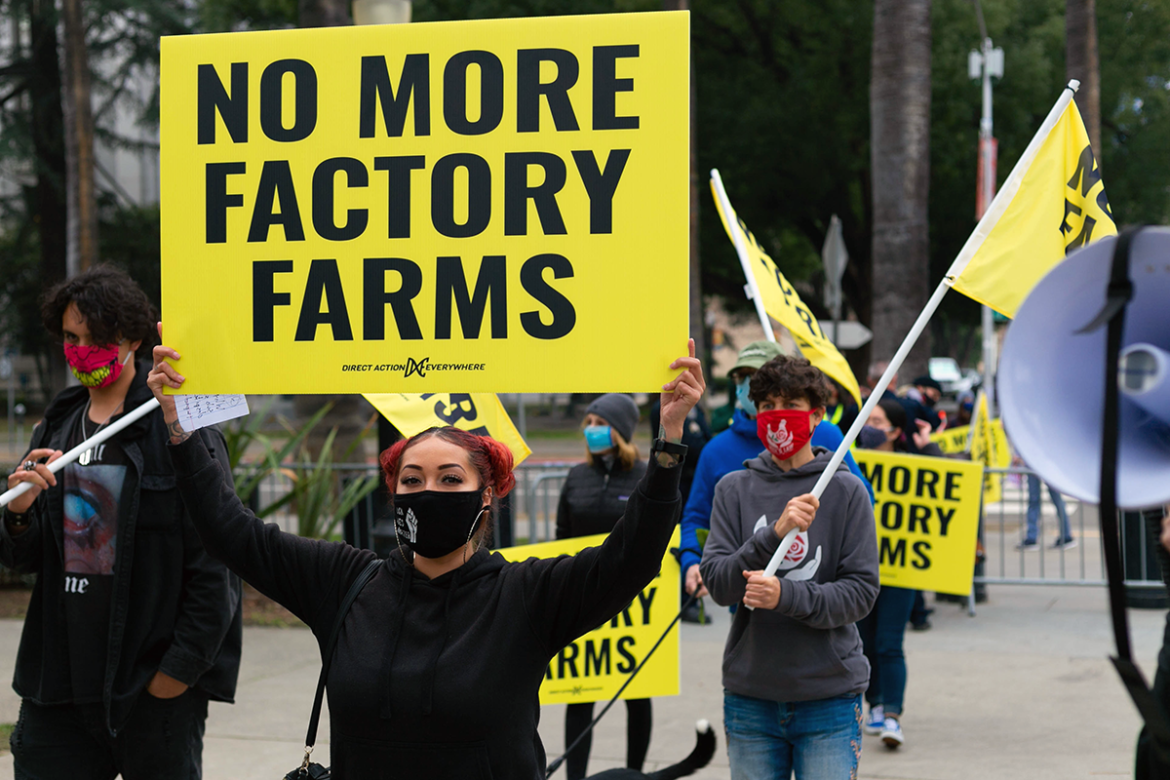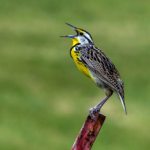Former slaughterhouse worker Doug Maw offers some eye-opening insights into the meat industry, the enormous challenges of working in an abattoir, and the hope and healing which comes through faith in Christ and vegan advocacy.
How do people, including those who eat meat, react when you say you used to be a slaughterhouse worker?

Doug Maw
Most people are surprised, repulsed or shocked when they learn that I used to work in slaughterhouses. I strongly suspect that people don’t like to imagine a regular human just like them doing that work. It forces them to confront the issues first-hand. If they never meet a slaughterhouse worker, then it’s a reality that they never have to come face to face with.
Some people have cut me out of their lives when they learned that I did this work. It has cost me relationships with fellow vegans who couldn’t cope with knowing that about me.
Occasionally meat-eaters might respond by trying to make a joke out of it. I take this form of bravado as a self-defense mechanism against looking at what slaughterhouse work is all about; a truly horrific experience for both people and animals.
Using your inside knowledge of the industry, could you talk through the process of what happens to an animal from the time it enters the slaughterhouse until the time it leaves?
When an animal enters a slaughterhouse, it is generally herded into a holding pen with others and their time there is usually short. When they arrive, they have been transported in very cramped and stressful conditions and often afraid, or even unable, to get off the vehicles. Many animals will have suffered injuries during the process of transportation, some even arriving dead. They are pushed, prodded or “encouraged” with an electric prod (i.e. cattle-prod), a knife or anything else in reach to get them in.
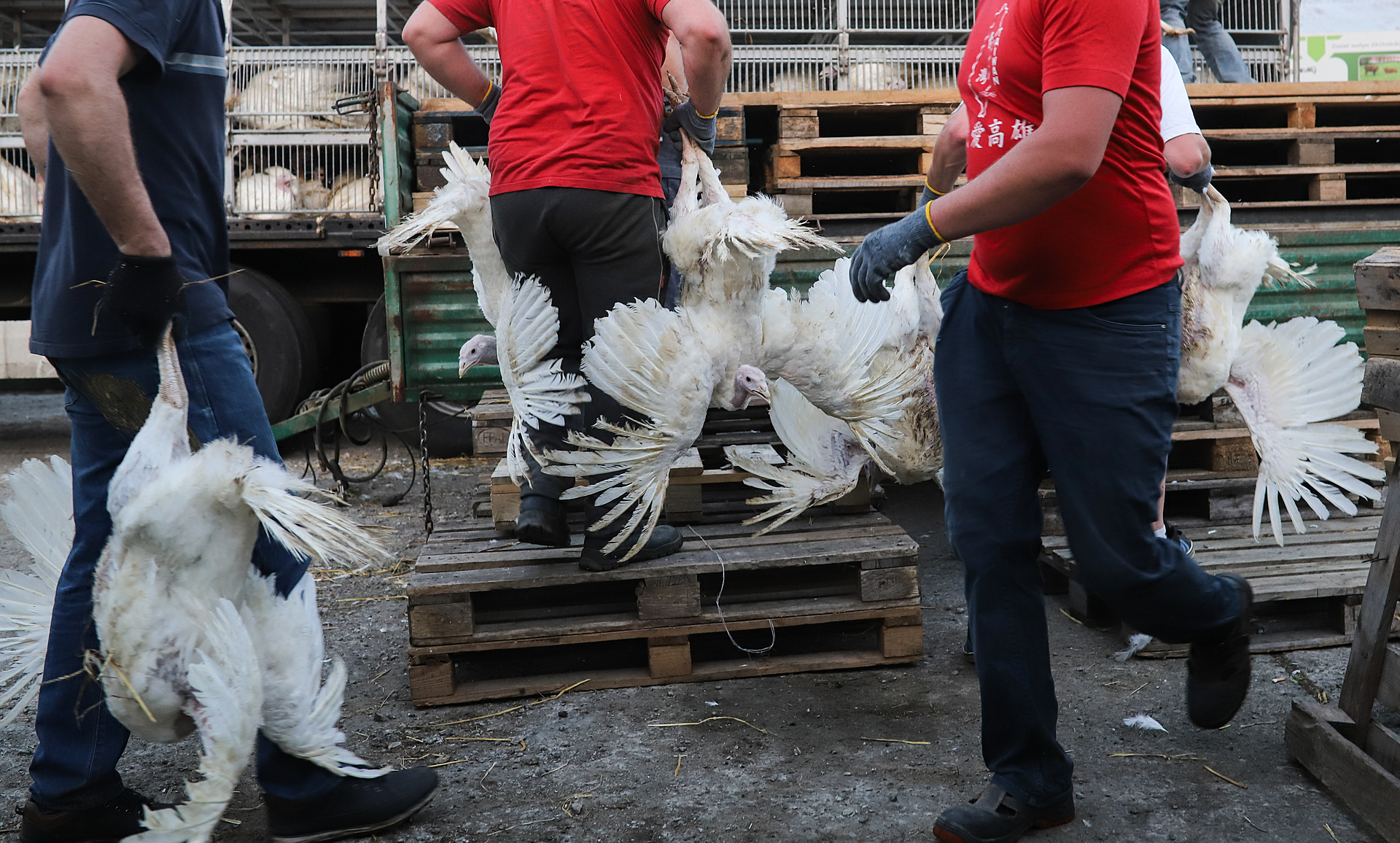
Turkeys are caught by hand and thrown into cages on a truck heading to the slaughterhouse (credit: Andrew Skowron/We Animals Media)
Once all are in and the time comes to slaughter them, they are taken out (individually in the case of cows) or in groups (for pigs or lambs). I can only describe this process as chaos and carnage, and it is extremely stressful for the animals and for the workers who often respond violently towards the innocent and frightened sentient animals. One or more workers goes in and grabs the animals and brings them out to be killed. In the case of lambs, carrying them and throwing them on their backs to be stunned and killed. With pigs, they are driven into a separate room where they are killed in the most chaotic and horrific way.
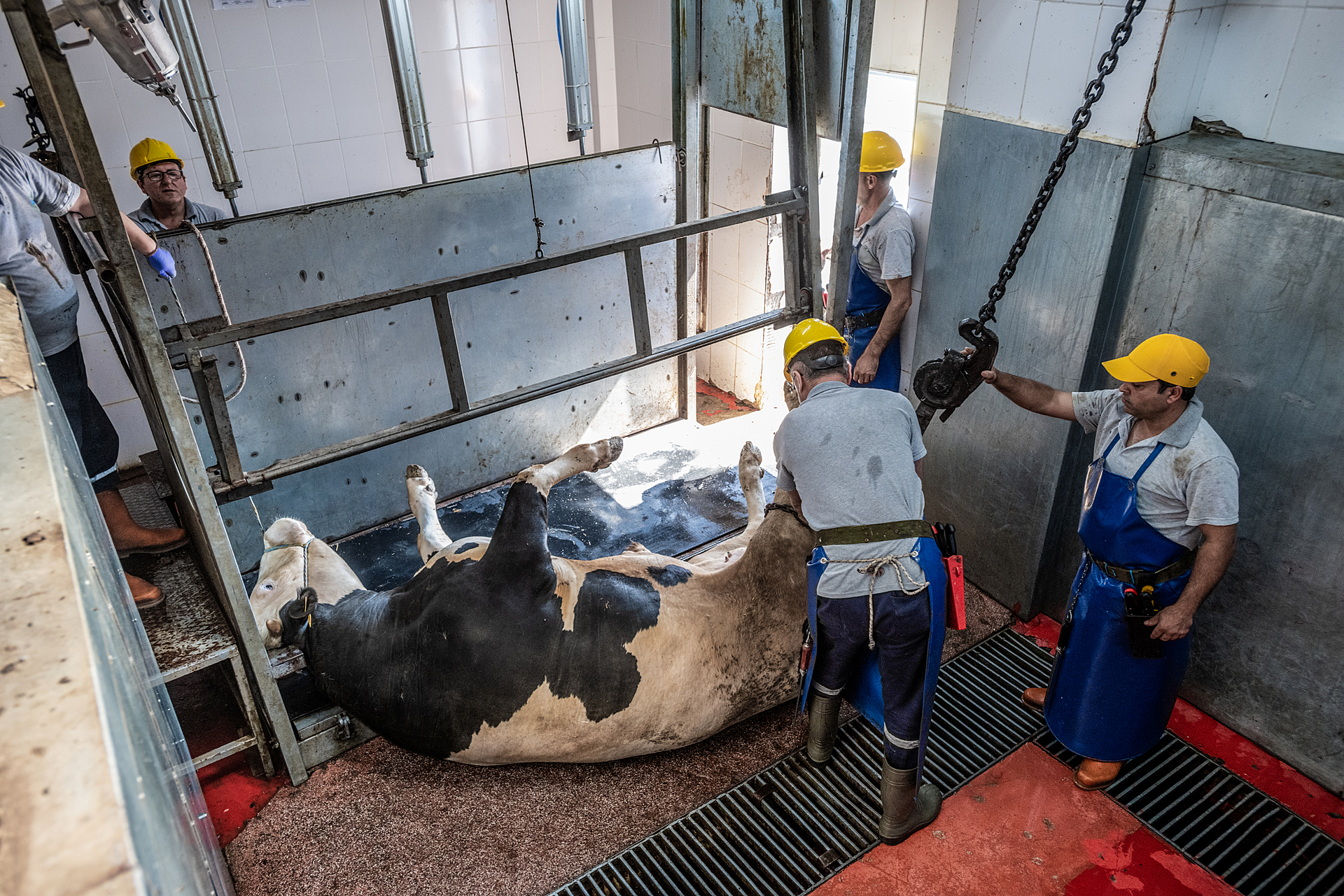
Workers attach chain to hind leg of a stunned steer at a slaughterhouse (credit: Jo-Anne McArthur)
All animals entering a slaughterhouse are killed with the other animals able to see, smell and hear what is going on around them. In every single case I’ve seen, the animals are extremely stressed and understandably frightened. They react with fear by hiding, trembling and crying out or they try to flee, attempting to escape being captured or to get free of the workers holding them down, attempting to stun them or cut their throats. The other response is to fight. The animal may try to kick, bite or butt to escape their fate. If you want more details on the method of killing, then I’ve given accounts in some videos on my YouTube channel ‘Vegangelical’.
What jobs did you do in the slaughterhouse and what effect did it have on you?
I started off in the gutting room before moving on to catching the animals, and then on to the kill floor. At the time I managed to dissociate from what I was doing by focusing on the physical aspects of the job and try not to think about what I was doing. In the longer term, it has left me with a deep-rooted trauma that has impacted my life in numerous negative ways. The job made violence normative for me, and I expressed this socially in violent confrontations and responses to very ordinary annoyances. It has also led me to have countless sleepless nights where I still hear the screams of pigs whenever I close my eyes. In addition, I have had numerous bouts of severe depression including several suicide attempts and self-sabotaging of relationships. Although many of the suicide attempts were triggered by non-related events, it was my frame of mind from doing those jobs that put me in that place.
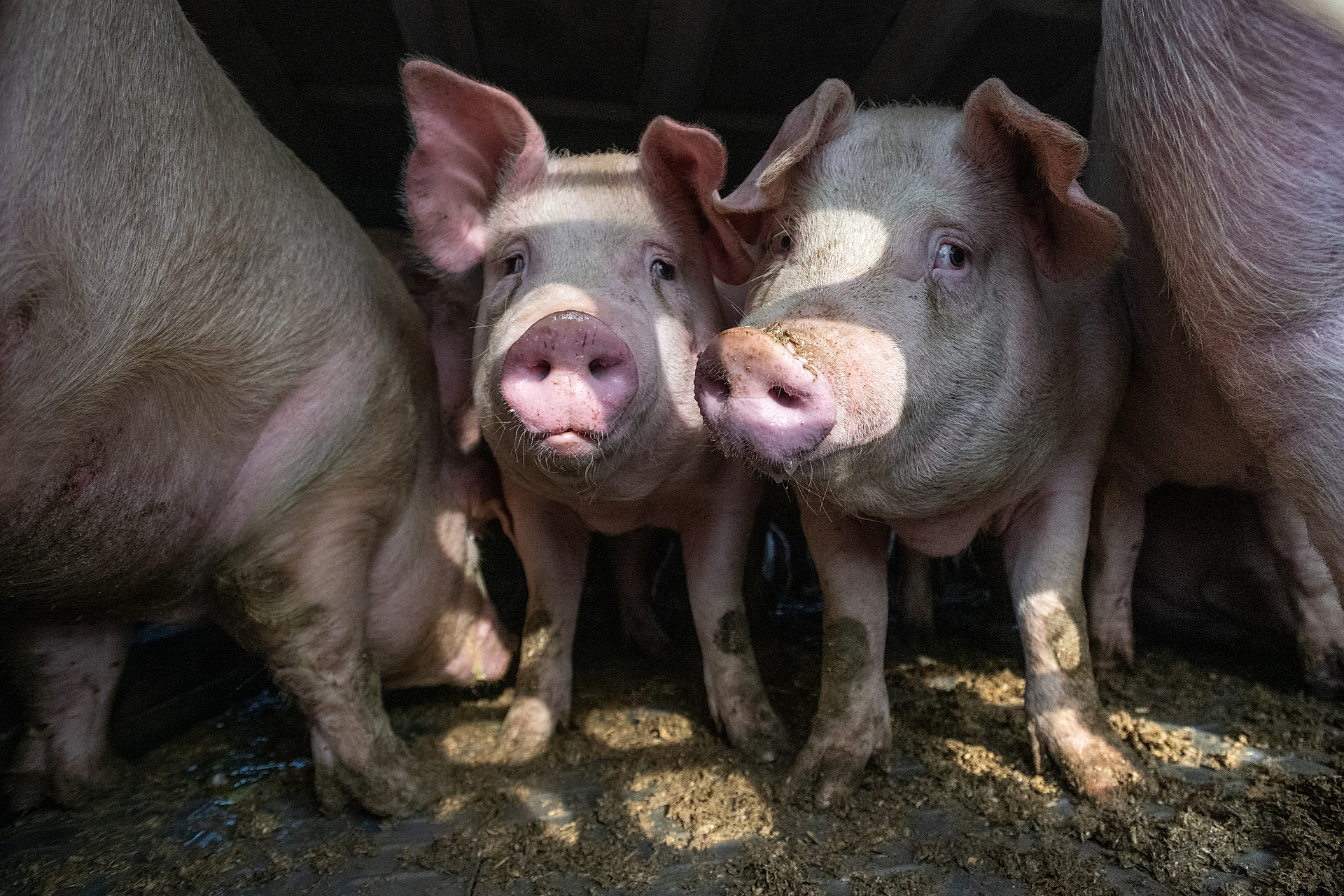
Pigs inside a transport truck (credit: Jo-Anne McArthur)
What motivated you to become a vegan?
I wanted to become more consistent with my ethics. I was studying philosophy at the time and came across a book by Peter Singer called Practical Ethics. Reading the book helped me to make the connection between what I’d been doing at the slaughterhouses and what I was putting on my plate and eating, as well as the other ways I was benefiting from the exploitation of animals. After reading this, I knew I had to go vegan or live with being a hypocrite.
I was also motivated by meeting vegans who seemed like nice and good people and the type of people I wanted to be around and spend time with.
How have you been advocating for animals in recent years?
I’ve tried all sorts of forms of animal advocacy from starting petitions, giving speeches, doing interviews with media, appearing on tv shows (like Good Morning Britain and GBNews) as well as appearing in documentaries and films (such as Eating Our Way to Extinction). I have also been involved in many campaigns including Million Dollar Vegan, going to slaughterhouse vigils, street activism/outreach, organising outreach events and festivals and continuing with hunt sabbing and other forms of preventing cruelty to animals in nature.
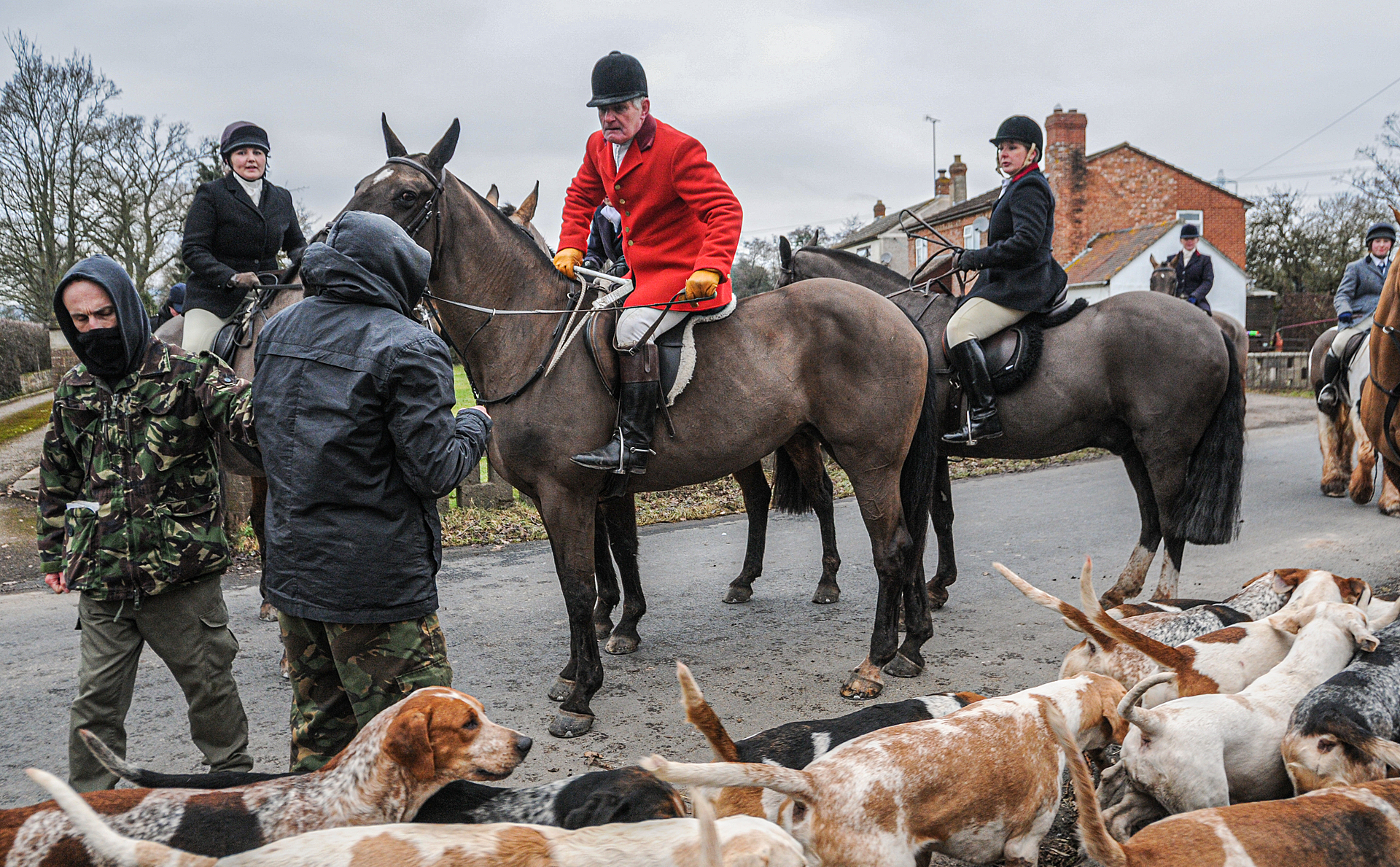
Fox hunters on horses with dogs, and hunt saboteurs (credit: Jo-Anne McArthur/Lauren Veerslaat/We Animals Media)
Does your faith offer any comfort from the memories of working in a slaughterhouse?
When I found faith, I went through a process of forgiving everyone who had hurt me and forgiving myself for hurting others – humans (including myself) and non-humans. I regularly refer to scriptures and Christian literature to reinforce my faith and my firm belief that veganism and Christianity go hand in hand. However, I still occasionally have sleepless nights and struggle with intermittent bouts of depression. Fortunately I can turn to fellow Christian vegans for understanding and compassion.
How do you connect the dots between your faith and vegan advocacy?
For two years I did a Christian ‘Post of the Day’ on social media which highlighted passages and quotes from scripture and Christian literature that promote a vegan message, but also addressing passages and quotes that others claim to undermine veganism in Christianity. What I found from this is that the pro-vegan messages that are prevalent throughout scripture are far more aligned with the idea of a loving God and exhibiting the fruits of the spirit than those that contradict veganism. My firm belief is that those passages that are contradicting veganism are being misunderstood and misrepresented by people who don’t fully grasp the concept of a loving God and the meaning of the fruits of the spirit.
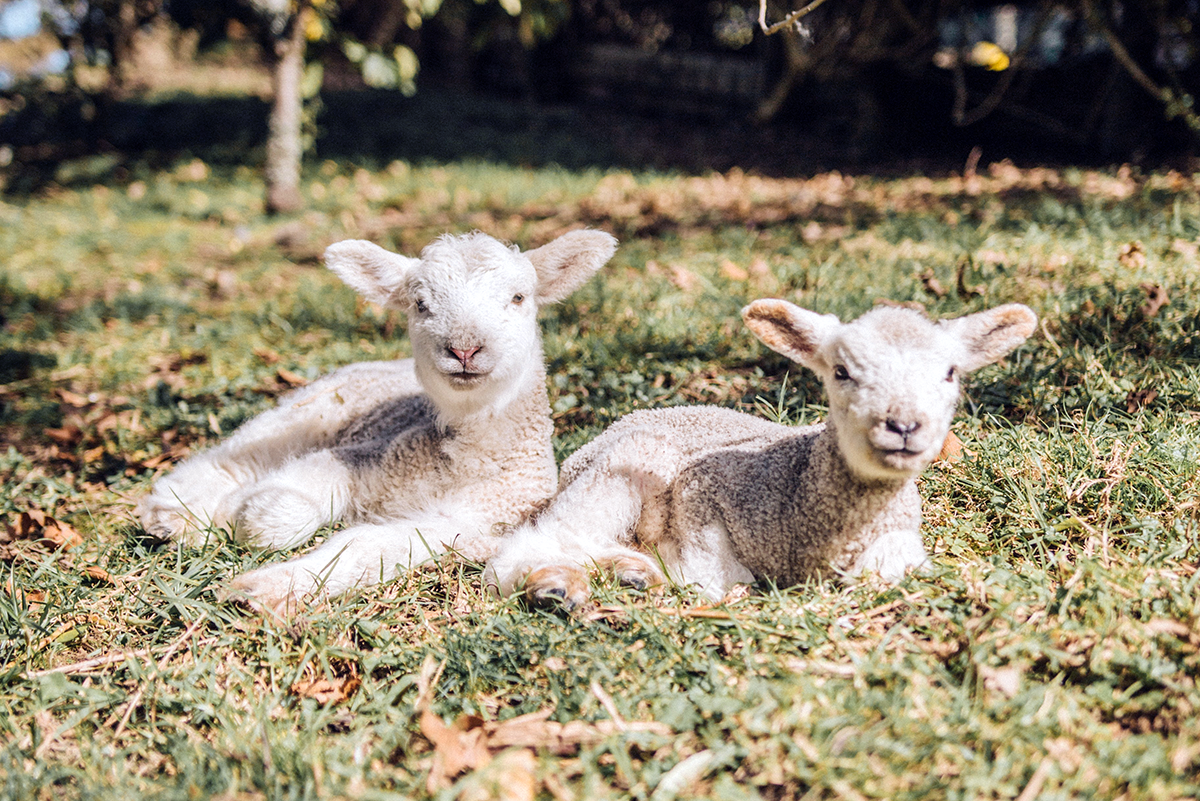
Peaceful Lambs (credit: Zac Harris)
What advice would you give to Christians who want to take action in support of animals?
Surround yourself with fellow Christian vegans. If you can find a church that is not anti-vegan, and open to a dialogue about veganism, then you’ve found a spiritual home. I would also encourage you to reach out to Sarx for resources, advice and support.


